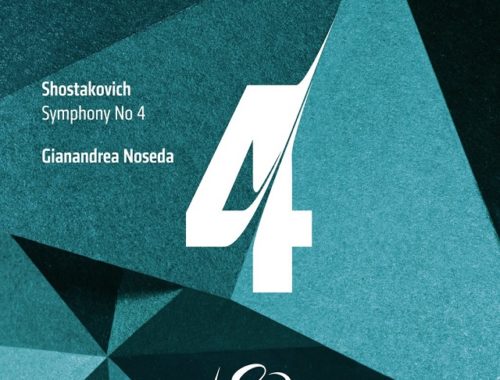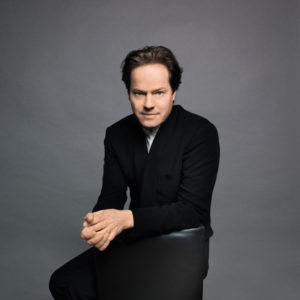Boris Godunov, Royal Opera House
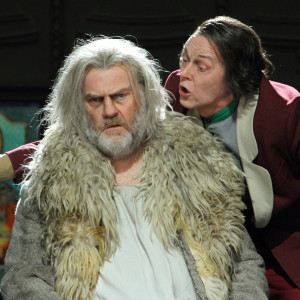 As one who grew up listening to what other people did to Mussorgsky’s Boris Godunov – most notably the gifted gift-wrapper Rimsky-Korsakov – the seven-scene original is doubly startling in its concision and starkness. This is a piece in which what happens outside of the seven scenes becomes as important as the narrative contained within them, this is a piece in which the sound world is so primary, so cut to the bone, that the bare essentials which do make it to the page suggest a composer for whom the truth is just that – simple and unadorned – and for whom the middle voices, most especially the violas, are the source of moderation. There are the bells, the impatient ostinati, the gruff basses and lowering trombones – but the colours are almost entirely monochrome (the exact opposite of expensive gold-leaf Rimsky) and the feeling deep-rooted in dusty folklore. Antonio Pappano and his marvellous Royal Opera Orchestra need no persuading that this is the only choice when performing Boris.
As one who grew up listening to what other people did to Mussorgsky’s Boris Godunov – most notably the gifted gift-wrapper Rimsky-Korsakov – the seven-scene original is doubly startling in its concision and starkness. This is a piece in which what happens outside of the seven scenes becomes as important as the narrative contained within them, this is a piece in which the sound world is so primary, so cut to the bone, that the bare essentials which do make it to the page suggest a composer for whom the truth is just that – simple and unadorned – and for whom the middle voices, most especially the violas, are the source of moderation. There are the bells, the impatient ostinati, the gruff basses and lowering trombones – but the colours are almost entirely monochrome (the exact opposite of expensive gold-leaf Rimsky) and the feeling deep-rooted in dusty folklore. Antonio Pappano and his marvellous Royal Opera Orchestra need no persuading that this is the only choice when performing Boris.
And when you marry this choice of text to a director – Richard Jones – for whom only the unadorned truth will do you leave feeling satisfied and even a little in awe. For him Boris’ guilt or otherwise in the murder of the young crown prince Dmitry (with his perpetual spinning top – the visual emblem for the show) is the recurring nightmare which drives the narrative through, in, and around the seven scenes – and what reoccurs again and again inside Boris’ head and haunts him until his dying breath is action-replayed for our eyes only: a grisly and inescapable horror. Even as Boris is proclaiming with his last breath “I am still Tsar!” – such a stupendous climax, the climax of the piece – the terrible crime is replayed once more as Boris’ own young son, heir to the throne, is substituted in our minds for the murdered Dmitry. History repeats itself in more ways than one in Jones’ staging and his premonition of things to come in the closing moments is something you take out of the theatre into the chill of early Spring.
Boris is an orthodox hymn to the male voice and here we have three towering authorities. Ain Anger’s Pimen is in every sense the vocal chronicler of history, wise and resonant through the ages of the piece; John Tomlinson gives wily Varlaam (beautifully paired with Harry Nicholl’s Missail – the big and small, high and low of it) bags of colour and a delivery of text so vivid and incisive that his storytelling is seen as well as heard. And amidst the bells, there’s Bryn. Terfel’s Boris – thoughtful and real – is a presence pervading the piece until the fifth scene where all his torments are visited upon him. He is quite marvellous in the death scene – so far removed from the booming melodrama of the Christoff era. And because Jones knows a presence when he sees one John Graham-Hall’s scheming Shuisky looms like a gargoyle from first last.
You May Also Like
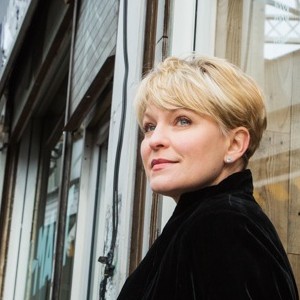
A Conversation With LUCY SCHAUFER
01/05/2013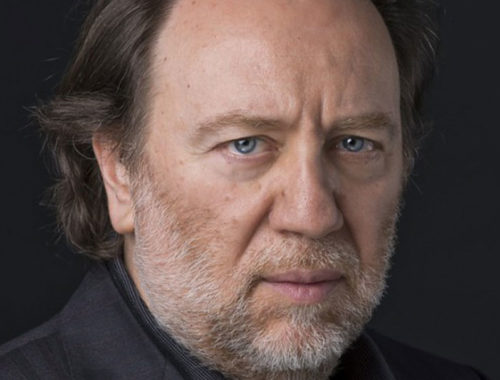
GRAMOPHONE: From Where I Sit – April 2019
24/04/2019